Ready, Steady, Startup!
Pack up your bright ideas and business plans—the key to success is no longer in Silicon Valley. According to the 2017 Kauffman Startup Activity Index, the cheaper, more accessible alternatives are a stone's throw away.
By Corina Stef
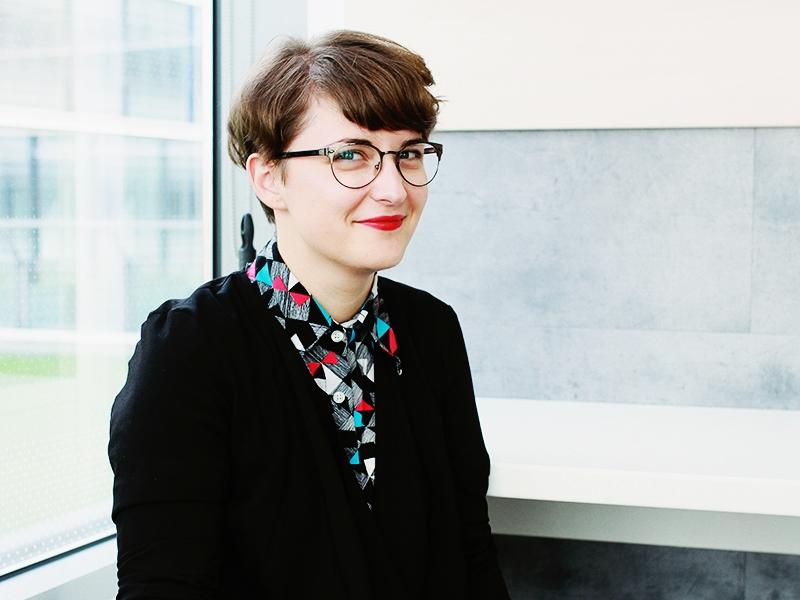 Silicon Valley’s golden age seems to have come to an end with investors and newly emerged businesses turning their attention towards cheaper and more accessible cities. But truth be told, it’s been difficult to escape the Valley’s magnetism, especially when most metros lacked the necessary funding, talent and network that would make startups thrive.
Silicon Valley’s golden age seems to have come to an end with investors and newly emerged businesses turning their attention towards cheaper and more accessible cities. But truth be told, it’s been difficult to escape the Valley’s magnetism, especially when most metros lacked the necessary funding, talent and network that would make startups thrive.
Today, entrepreneurship no longer consists of blood, sweat and tears. An increasing number of local business programs and the government’s support, combined with a continuously improving infrastructure, university programs and skilled workforce create new areas of interest for startups. According to the 2017 Kauffman Startup Activity Index, which measures startup growth at the city, state and national level, entrepreneurship levels grew in 17 of the 39 metro areas measured.
Miami
There’s more to the permanently sunlit metro than meets the eye, as Miami ranked as the most startup-friendly city on the list, going up one position from last year’s second place. Additionally, it has the second-highest startup density out of all the listed metros. Powerhouses such as Google, Twitter, Facebook or Apple all have offices in the area and attract skilled talent.
Florida also has pro-business state tax policies and capital formation initiatives, such as the Florida Opportunity Fund, that helps businesses expand by offering specialized services such as market information, leadership development and business management tools.
Austin, Texas
The city defies stereotypes by mixing pro-business, eco-friendly policies with an easygoing and open state of mind, largely due to the existing academic footprint. The educated workforce fuels the smart energy which flows through the entire metro, which recorded a whopping population growth in the last years. Startups are also drawn to Texas’ lack of personal income and corporate tax, as well as low cost of living.
Los Angeles
The metro recorded no change in rank, as its proximity to Silicon Valley and major employers continue to appeal to young entrepreneurs. The proof lies in Silicon Beach’s thriving startup scene (more than 500 businesses), boosted by good universities and warm weather.
Although known as “the entertainment capital of the world,” Los Angeles is way too large to actually be dominated by a certain industry, giving startups the luxury of a fresh start. Additionally, the city has recently named its first chief procurement officer, representing a step forward that aims to open doors for tech startups, as well as local and minority-owned businesses.
San Diego
The metro made a remarkable jump from 11th to fourth place. Not only does it enjoy a steady flow of startup venture capital, but it also holds all the key elements that make companies succeed: infrastructure and access to talent, reduced cost of living, less competition for talent and a small town feel.
Las Vegas
One wouldn’t expect Las Vegas to be great for business. But with the highest startup density on the list, the metro is no longer overshadowed by the culture of gambling and resorts. Companies choose the area due to the significantly lower taxes than neighboring California. The environment is stimulated by co-working spaces, funding and mentoring programs, as well as major tax breaks. Tony Hsieh’s $350 million project transformed downtown Las Vegas into a vibrant entrepreneurial hub.

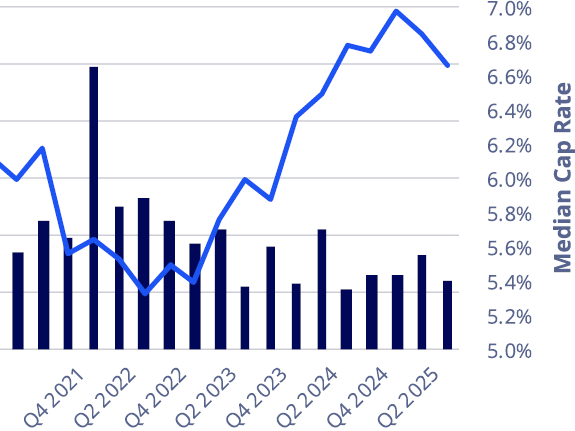
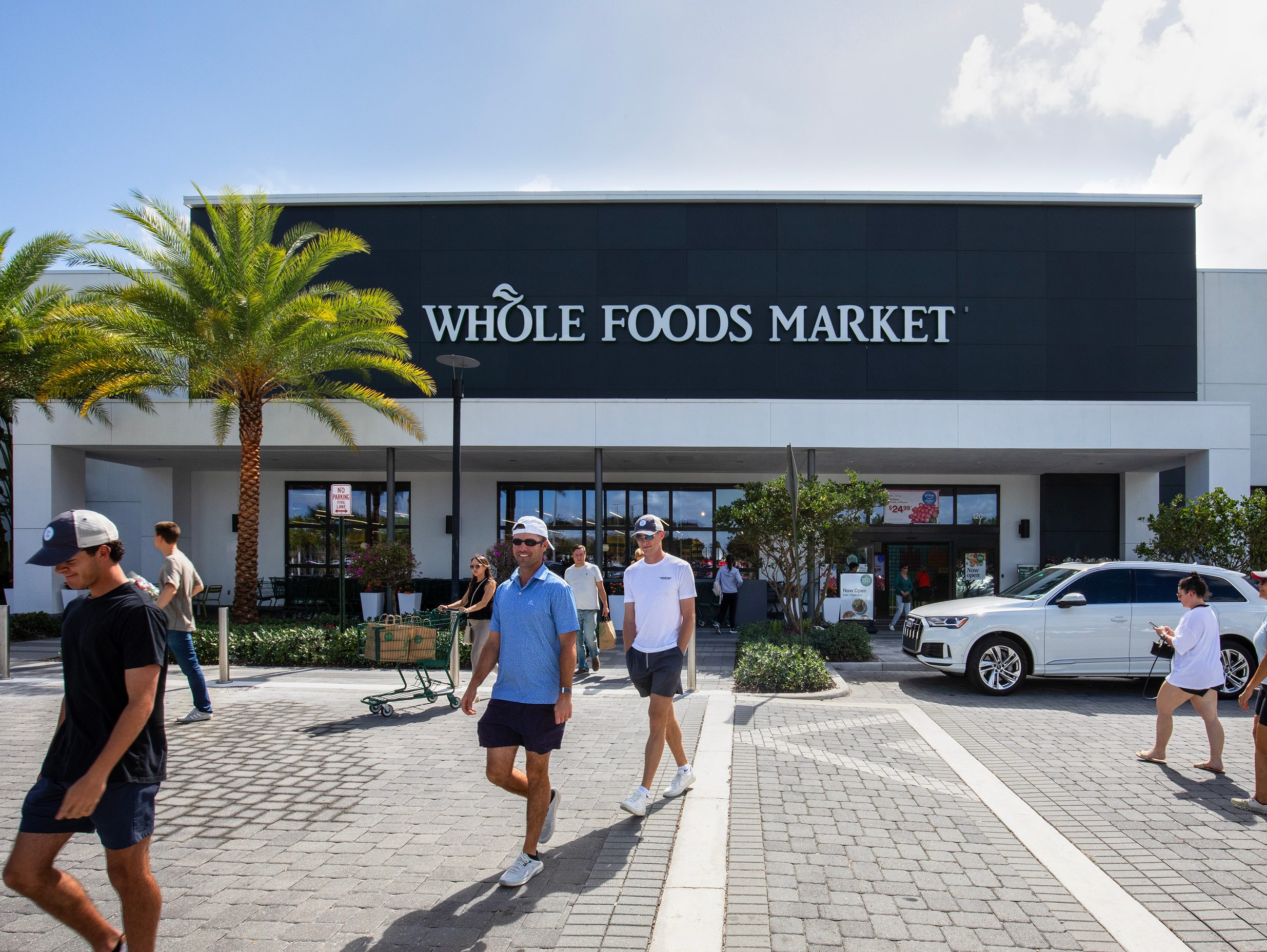
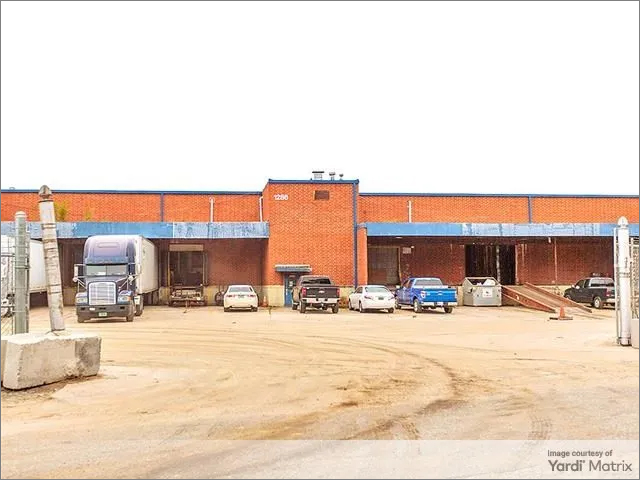
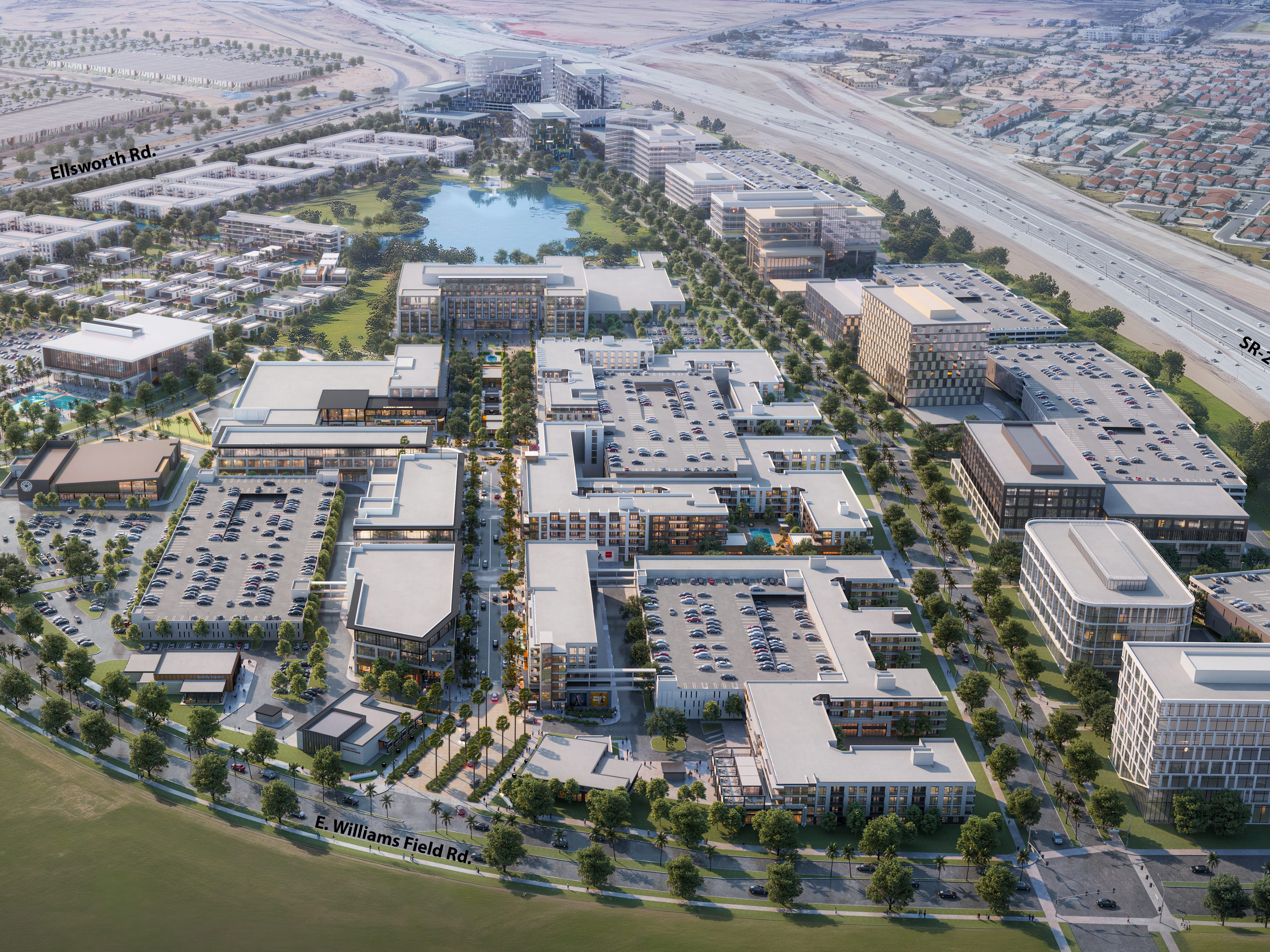
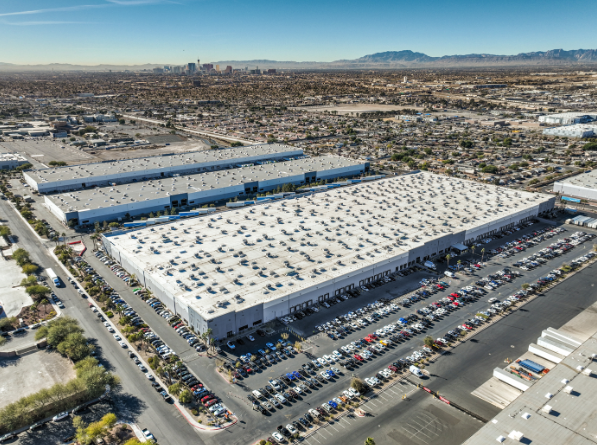
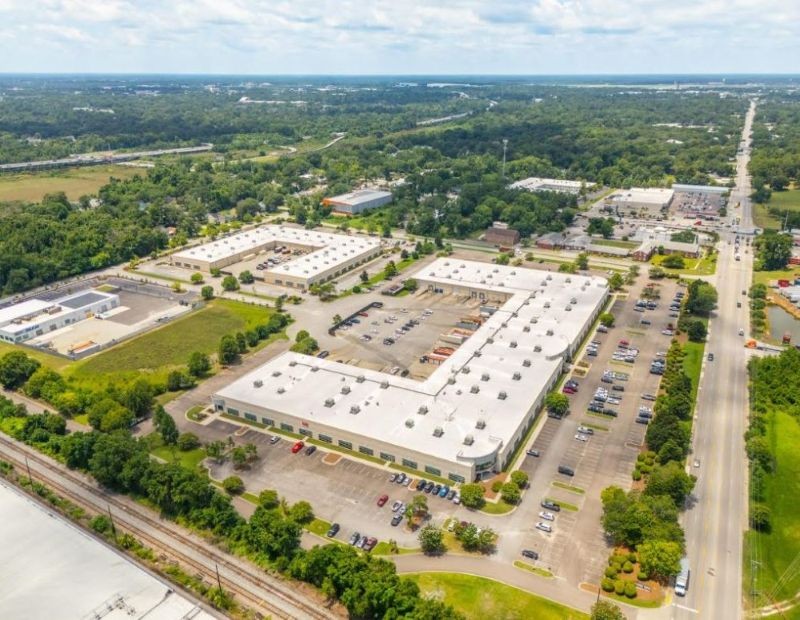
You must be logged in to post a comment.